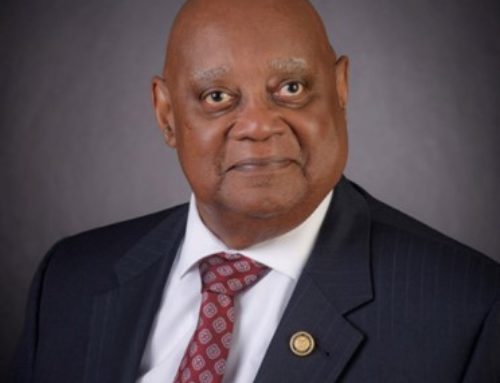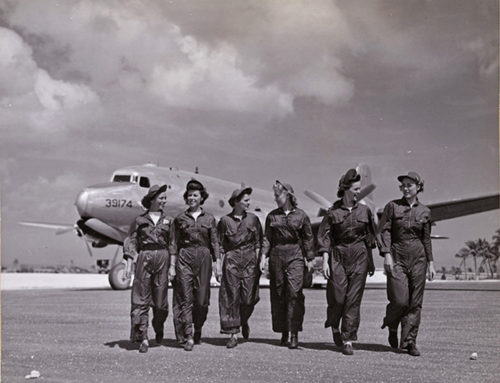Last week, “Tidbits” featured an article by LCDR Glenn Smith, USN (Ret.), entitled “One Man, Six Commands at Sea: Captain Frederick Colby Lucas, Jr.” Lucas learned early in his career that life beneath the waves was not for him, yet the exigencies of World War II kept returning him to boats as commanding officer. On 11 November 1943, in the midst of an engagement aboard USS BILLFISH (SS-286), Lucas froze. His engineering officer, LT Charles Rush, took charge, although his actions would not come to light for several decades. In an interview given to the Naval Institute’s Proceedings in 2002, Rush, who would go on to a long and successful naval career, describes how he came to be aboard BILLFISH and what happened on that fateful autumn day. Today’s installment is part one of five.
PROCEEDINGS: Take us back, if you will, to the day you took over command of the BILLFISH.
CAPTAIN CHARLES RUSH: Let me start by telling you how I came to be aboard the BILLFISH. I’d come in from five war patrols in the THRESHER (SS-200), and before going out on number six, I had an infection beneath my wisdom teeth. That wasn’t surprising, since I had not seen a doctor or a dentist for two years. In any event, I could not possibly go out with that [infection]; the doctor said it would be life threatening. So I stayed aboard the tender while they packed it with sulfa drugs; there were no antibiotics. After a certain time, the doctor and the dentists decided they could pull the wisdom teeth.
As I recovered, the Navy posted me in charge of relief crews. As a submarine came off war patrol, we would relieve the ship’s company and go aboard with their list of deficiencies. We’d correct them in two weeks. For each submarine that came in, you built a team of enginemen and electricians and torpedomen—the whole works. I’d been in this job for maybe a couple of months. This was in Fremantle, Australia, and I enjoyed it very much. I liked the fact that I had a girlfriend there, and I could see her every night. So things were pretty good.
Apparently we did a fine job in the BILLFISH, because the captain [Frederick Lucas, Jr.] and the executive officer [Gordon Matheson] asked me to meet them at their hotel for a drink. They asked me to come aboard as chief engineer. At first I declined. But they persisted, and I sensed they really needed me. Finally, I agreed, and to this day I don’t know why I did.
PROCEEDINGS: What was your reluctance?
RUSH: I had a pretty good life. I had just completed five war patrols [aboard THRESHER], and I knew what was going on out there. Compared to the life I was leading in that shore job, there was nothing like being on patrol. So I agreed to go.
One of the men in the relief crew, First-Class Electrician’s Mate John Rendernick, had come to me and said he had completed his paperwork for Chief and wanted me to sign the papers. I said, “Have you ever made a war patrol?”
He said, “No, Sir.”
And I said, “Well, there are lots of First Class[es] out there on war patrol that take precedence over you. I think the guys making the war patrols should be promoted first.”
He was quite upset. But when I got orders to the BILLFISH, I saw the ship’s company had no Chief Electrician’s Mate. So I went to the squadron office on the tender and said, “Assign Rendernick to the BILLFISH and promote him to Chief.” He didn’t know I had done this, and he didn’t even know I was on board.
We left and got maybe ten miles out to sea, and I had the watch on the bridge. I sent word below, “Tell Rendernick the chief engineer wants to see him on the bridge.” The look on his face said it all: “Look who I’ve got to work for.” It turned out to be the best assignment I ever gave anybody.
So everything went very well. We got into Makassar Strait, and we were cruising submerged at 200 feet. I had the afternoon watch in the conning tower. Every eight to ten minutes, I had to take a look around. So I came up to periscope depth and saw a destroyer. He had an angle on the bow, starboard 90. I put down the scope and called the captain. “Captain, we have a destroyer angle on the bow, starboard 90, abeam of us.”





